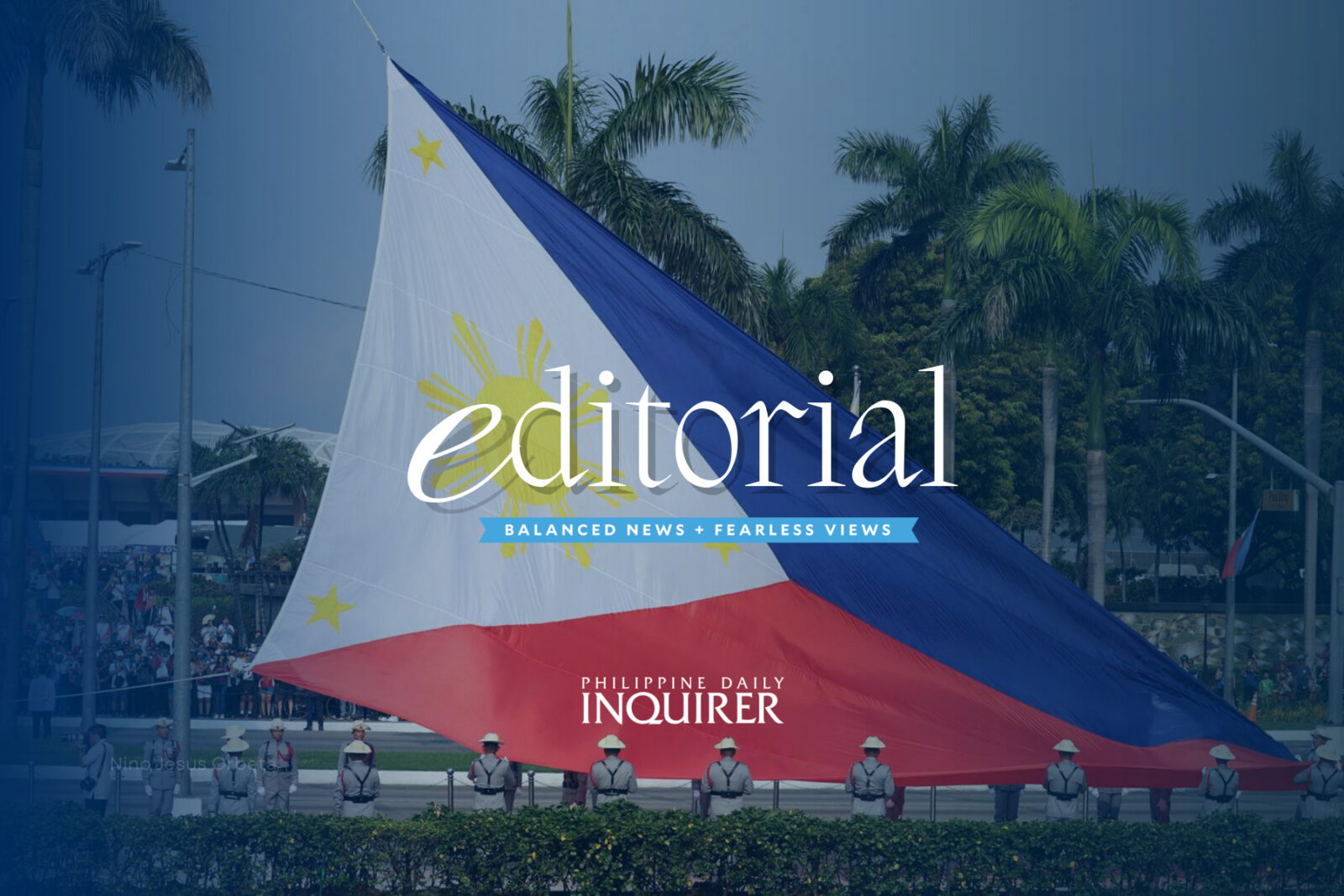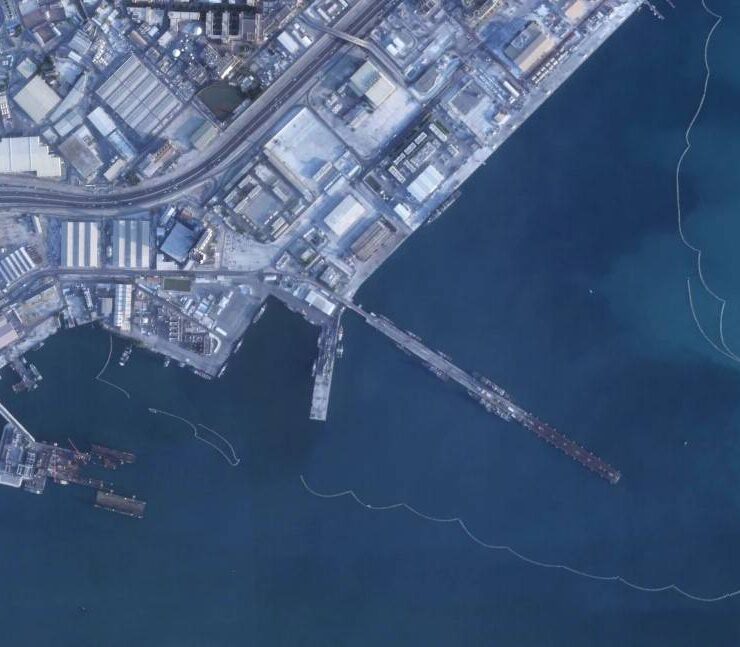A lifeline for PH in rough seas

For good or ill, the alliance between the Philippines and Japan is a testament to the aphorism in international relations that there are no permanent enemies nor permanent friends, only permanent interests.
But it is the Philippines’ good fortune, indeed, that it has found a trade, military, and development partner in its former tormentor, Japan, with whom it likewise shares common defense ties to the United States, as the latter builds an arc of regional alliances to counter China’s expansionism in the South China Sea. That this partnership became possible at all, in spite of the two nations’ bitter history during World War II, when the Japanese invaded and occupied the Philippines, is in itself a wonder of geopolitical serendipity.
Such enduring partnership has been reinforced with the ratification by the Philippine Senate last week of the Reciprocal Access Agreement (RAA) between Manila and Tokyo, a key defense pact that allows the two allies to deploy troops on each other’s soil and to stage joint combat drills as a show of strength against Beijing in contested waters in the region.
Unanimous Senate vote
All 19 senators who were present during the Dec. 16 plenary session voted in favor of Senate Resolution No. 1248 to ratify the RAA. But Japan’s own parliament will have to approve the agreement for it to take effect. The document, signed by the two parties in Manila on July 8, creates a framework of rules governing the movement of armed forces and goods to and from either side, so there is no room for ambiguity. Japan has a similar deal with the United Kingdom and Australia, but the Philippines is its first partner in Asia, and vice versa. Manila, on the other hand, has entered similar arrangements with Washington through the Visiting Forces Agreement, ratified in October 1998, and with Canberra through the Status of Visiting Forces Agreement, ratified in July 2012.
According to the Senate resolution, the agreement aims to deepen the security and defense cooperation between the Philippines and Japan and enhance the interoperability between the Armed Forces of the Philippines and the Japan Maritime Self-Defense Forces by enabling more in-depth practical military cooperation and exercises between the two countries.
“The RAA is a strategic framework for the Philippines to enhance its defense capabilities, promote regional stability, and bolster its position in the ongoing maritime disputes,” Foreign Secretary Enrique Manalo said in a statement.
Secure, peaceful Asia-Pacific
“As the security environment in the region is increasingly challenging, the Department of Foreign Affairs (DFA) believes the RAA between the Philippines and Japan will firmly contribute towards maintaining a secure and peaceful Asia-Pacific,” Manalo said.
For its part, the Department of National Defense (DND) said: “We look forward to the implementation of the RAA, which will enable our militaries to expand our defense cooperation and build trust and confidence among each other amid shared security challenges.”
In a separate statement, the AFP said the deal would help the military address security challenges, particularly “in critical areas such as the West Philippine Sea, and further solidify our preparedness and resilience in safeguarding national sovereignty.”
Japanese Ambassador to Manila Endo Kazuya welcomed the ratification of the RAA in the Senate, saying: “Our countries have long stood together as strategic partners, and this milestone reaffirms our shared commitment to a peaceful, stable, and prosperous Indo-Pacific region.”
Crucial layer of protection
The statements from Philippine and Japanese officials may seem repetitive and excessively broad, but common keywords put emphasis on how the RAA’s ratification marks a pivotal step in strengthening ties between the Philippines and Japan, two nations bound not only by mutual interests but by a shared understanding of the threats they both face.
As China grows bolder and more belligerent in the sea it claims almost entirely as its own, the Manila-Tokyo alliance adds a crucial layer of protection to the Philippines’ less-than-impressive defenses. Furthermore, it reflects the country’s strategic posture that prioritizes relationships with like-minded allies committed to safeguarding harmony and stability in the region.
That the Philippines and Japan transcended their acrimonious wartime past to build this partnership together did not happen by chance or circumstance. It was a result of the realization on both sides of the gravity of their mutual aspiration to keep the peace among Indo-Pacific neighbors.
Should hostilities erupt in the South China Sea, each layer of protection will prove invaluable, especially for the Philippines, which cannot risk losing strong, trusted partners like Japan in any campaign against a common aggressor. Such an alliance is not only an advantage in the rough and stormy seas of geopolitics—but a lifeline.





















